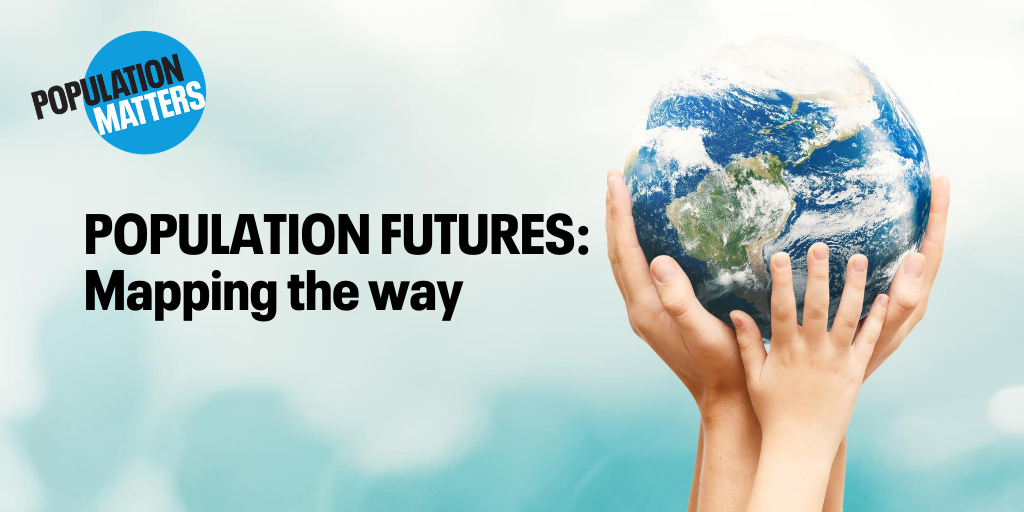
Earth Overshoot Day: How smaller families shrink our ecological footprint
Today is Earth Overshoot Day, the day on which humanity has used up all the natural resources that the Earth can produce within a year. This means that from tomorrow, we are effectively in ecological overshoot, leading to resource depletion and destruction of nature. Population Matters Senior Communications Officer Olivia Nater explains how empowering people to choose a small family size helps us live within our planetary boundaries.

In our last blog post, Laurel Hanscom, CEO of the Global Footprint Network (GFN) which developed the concept of Earth Overshoot Day, laid out the five overarching actions we must take to move back the date; restore nature, improve cities, transition to clean energy, adopt sustainable food production and diets, and address human population growth. Let’s dig into what the data says on population.
Small families, huge benefit
The widely accepted UN population projections estimate a global population size of 9.7 billion by 2050 and 10.9 billion by the end of the century. As no one can foretell the future, a lot of uncertainty surrounds these estimates – if progress towards reducing fertility rates is faster than predicted, our future population could be much lower (and more sustainable).
According to GFN’s calculations, if every other family had one fewer child than currently expected and motherhood was postponed by two years, by 2050, Overshoot Day would be moved back by 49 days because there would be two billion fewer of us than predicted. This makes tackling population their second most powerful solution after decarbonising our economies.
“I think it’s a false dichotomy that you talk about one or the other… you have to talk about consumption, and you have to talk about population. They go hand in hand, and there are different solutions for different parts of the world.”
– Laurel Hanscom, CEO, Global Footprint Network
How we get there
The most effective way to slow population growth is through the investment in and promotion of existing solutions that are morally essential and urgently needed to improve lives, in particular the empowerment of women and girls and removing all barriers to quality education and modern contraception.
“If you educate a girl, she will grow into an empowered young lady that will delay marrying because she has the choice. Many will opt for having smaller families, are able to offer their children more educational opportunities and better health outcomes. And smaller families also reduce impacts on the already scarce resources.”
– Esnath Divasoni, GFN supporter in Zimbabwe
In wealthy nations where individuals’ impact on the planet is disproportionately large, having one fewer child can make a huge difference to a family’s environmental footprint. It is therefore necessary to promote and incentivise smaller family size alongside reduced consumption – the opposite of many governments’ current attempts to boost birth rates and fuel endless economic growth.
At Population Matters, we are championing these empowering, choice-based solutions and working to identify ways to make them gain traction around the world. As part of this work, we’re commissioning a key piece of research with the Centre for the Study of Existential Risk at the University of Cambridge to assess the full range of drivers of population change and identify realistic, progressive policy measures to achieve our most beneficial population futures. You can help by donating to our appeal today!
Take Action

Yes, I’d like to help map the way to a better future for people and planet.

